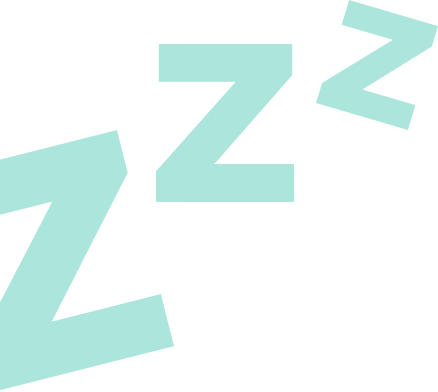Here at SnoozeShade HQ we're huge on sun safety. We've written before about the importance of making sure your little ones are safe in the sun, and we're proud of the fact that our products are approved by the Melanoma Foundation. Sometimes though, things are out of our control.
When we let our little ones go, as we must, we cannot always ensure they will take the good habits we've instilled with them. So sometimes, your little ones may return to you having been exposed to more sunshine than you're happy with. This does happen, and while it's definitely not something you want to happen regularly, it is something you need to be aware of. So what to do if your little one has had too much sun, and is showing signs of heat exhaustion? Hopefully this post will help.
What is heat stroke?
According to the NHS website, heat stroke and heat exhaustion are most likely to occur during a heatwave or in a hot climate, so for example if you're away on holiday. When heat exhaustion happens, sufferers will feel very hot and start to lose water or salt from the body, leading to the following symptoms:
- Feeling tired and weak
- Feeling faint or dizzy
- Low blood pressure
- Headache
- Muscle cramps
- Vomiting and nausea
- Excessive sweating
- Extreme thirst
- Rapid pulse
- Infrequent and dark urine
Not just sunburn
So its not just sunburn you need to watch out for! Heat stroke can be really serious and when your little ones can't tell you what's wrong, so it's important to be able to recognise the signs. And then you need to act. Here's a quick guide to what to do if you think your little one has heat exhaustion.
- Take them to a cool place to lie down- preferably in the shade or if you can, somewhere with air conditioning and plenty of fresh air circulating
- Remove excess clothing
- Cool the skin with a wet flannel or a cold pack around the neck
- Fan their skin to help them cool down
- Provide plenty of fluids to rehydrate
Avoiding heat exhaustion
Obviously, the best thing to do is to avoid heat exhaustion altogether if you can. So, make sure your little one has plenty to drink when it's hot, and cold foods for lunch are a good idea too. If you notice that your little one is becoming very hot, pop the bath on (cool water) or get them into a cool shower to help them cool off. It also helps to keep the house as cool as possible too, so close curtains if you can to stop the sunshine getting through, and open windows at night to let some air inside. For more information and advice, see this post from the NHS.
Remember that we are not medical professionals so, if you are at all concerned, ALWAYS seek advice from your doctor.



